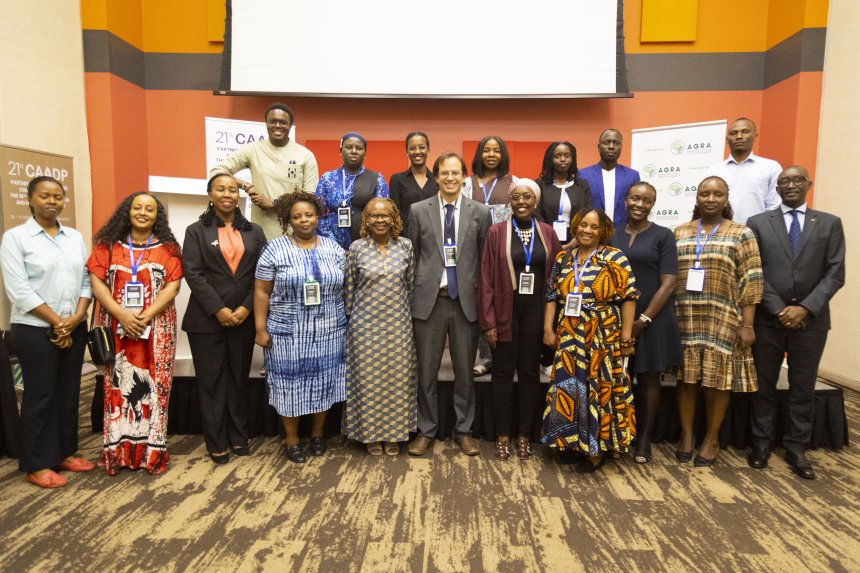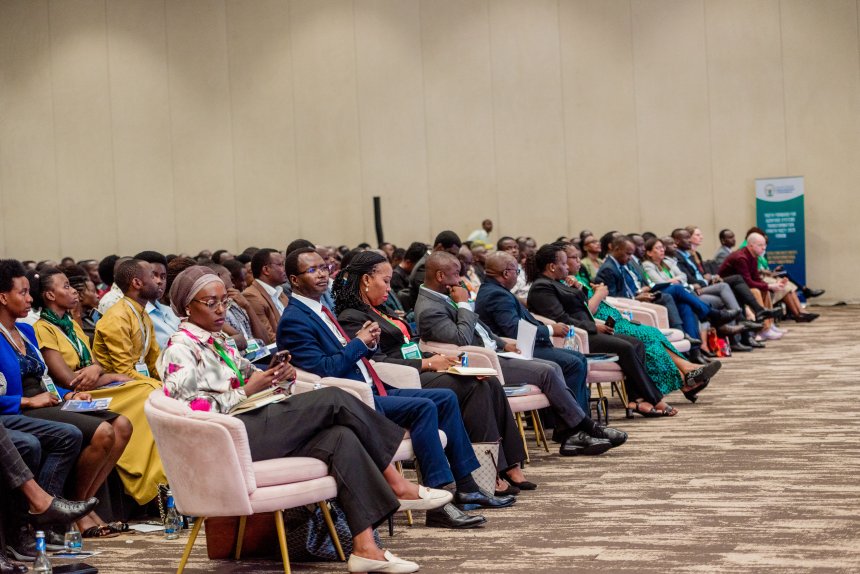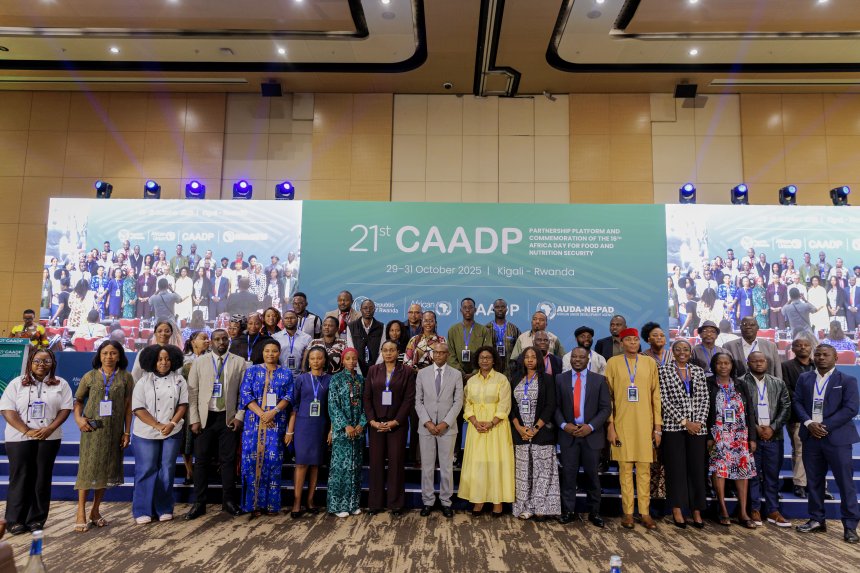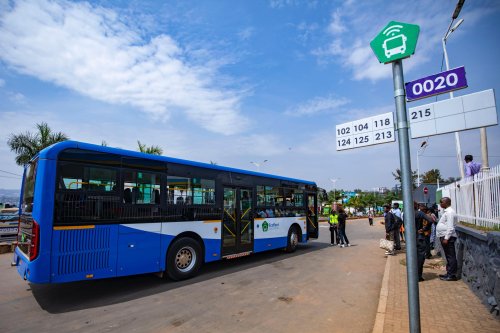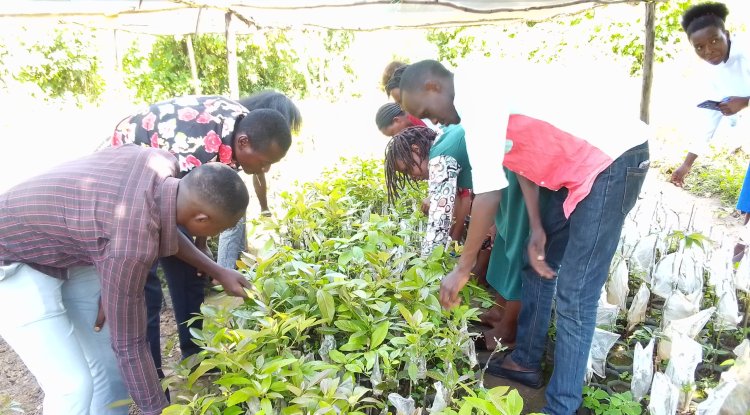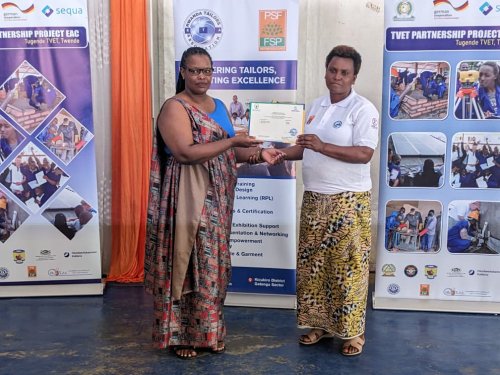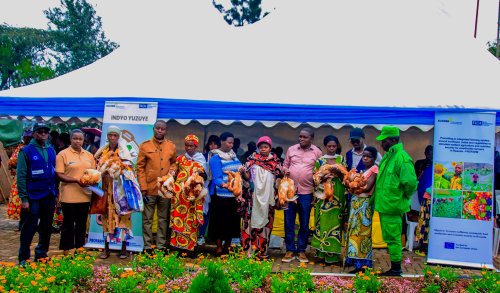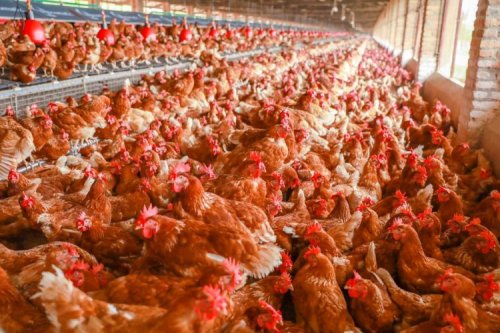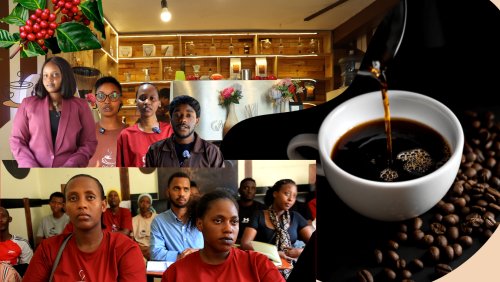From City Dreams to Greenhouse Gold: Niyitanga Grace’s Rise as Rwanda’s Young Agri-Star
As global leaders, innovators, and changemakers converge in Dakar September for the Africa Food Systems Summit 2025 (AFSS25), Rwanda’s Niyitanga Grace will be among 17 youth agri-preneurs chosen to showcase how young Africans are transforming agriculture from the ground up. Her story rooted in resilience, innovation, and purpose is not just a personal success; it's a beacon for the continent’s agricultural future.
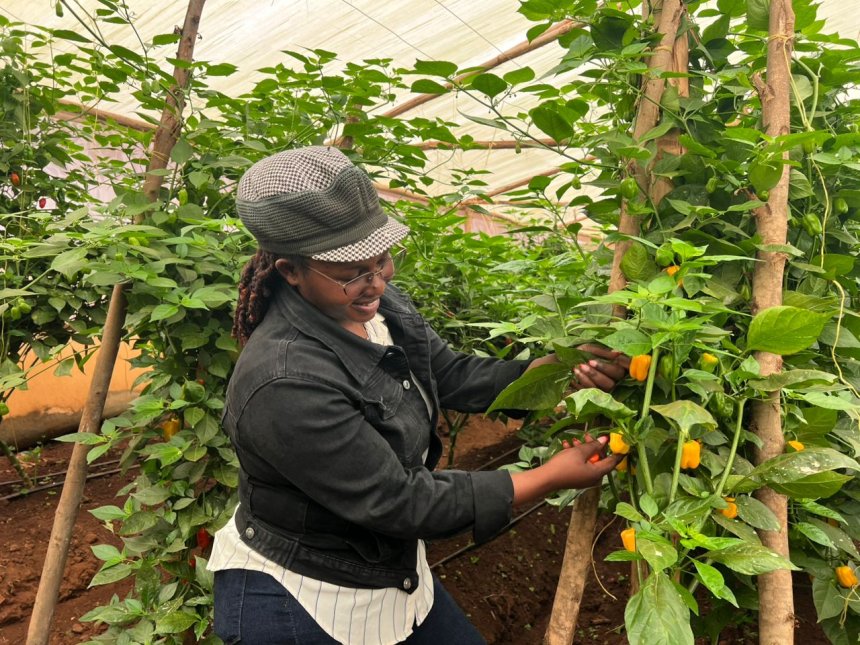
When Niyitanga Grace stepped off the bus in the rural fields of Nzige Sector, Rwamagana District in early 2023, she wasn’t just leaving behind the bright lights of Kigali, Rwanda’s capital she was stepping into a bold new chapter. With just 1.5 million Rwandan francs (about $1,000 USD) and a vision seeded by a visit to a friend’s thriving farm, she decided to pursue agriculture full time.
“I tried different businesses in Kigali, but nothing seemed to work,” she recalls. “The day I visited my friend’s farm, I saw something I had never seen before potential, growth, life. That was the turning point.”
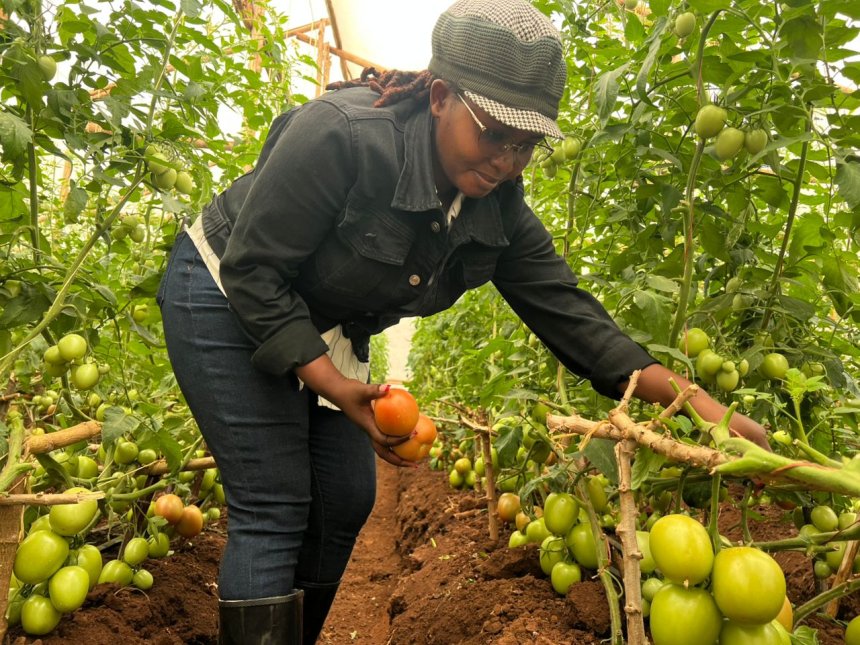 Grace Niyitanga started her farming career with little confidence, but thanks to her hard work, perseverance, and consistency, she has achieved success.
Grace Niyitanga started her farming career with little confidence, but thanks to her hard work, perseverance, and consistency, she has achieved success.
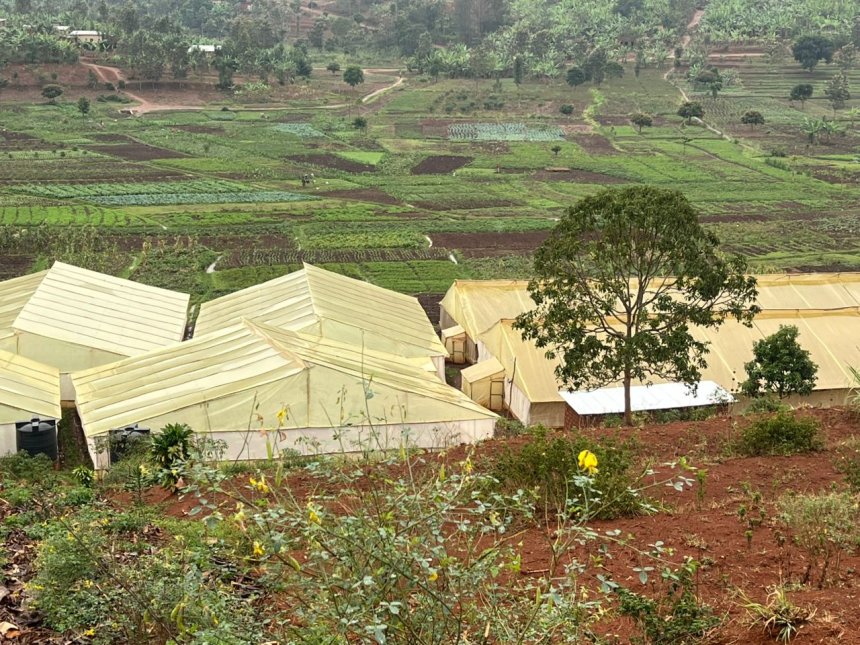 Grace Niyitanga says she started her project with only 1.5 million
Grace Niyitanga says she started her project with only 1.5 million
Armed with a passion for building something meaningful and a determination to succeed, Grace moved to Rwamagana and began farming on rented land, benefiting from an irrigation scheme developed by the government in collaboration with the SAIP (Sustainable Agricultural Intensification Project). The results were immediate and transformational.
A Seed of Opportunity that Sprouted Success
Her first season’s investment of 1.5 million RWF yielded a staggering 7 million RWF. Encouraged by this breakthrough, she reinvested her earnings to acquire her own land and shift from traditional open-field farming to greenhouse agriculture a climate-resilient solution offering higher yields, quality produce, and year-round production.
Her first greenhouse alone generated 8 million RWF per season. Today, she owns four greenhouses, each built with a cost-effective combination of local and imported materials cutting construction costs from 20 million to 5 million RWF per unit.
“I realized that relying only on rain-fed farming was limiting,” she says. “Greenhouses gave me consistency, quality, and the ability to control my environment. That’s how I started scaling.”
Chili Peppers, Market Savvy, and a Growing Enterprise
Grace’s flagship crop is chili peppers a lucrative export product with growing demand across Africa and beyond. Through training and mentorship provided by the Alliance for a Green Revolution in Africa (AGRA), she was equipped with critical skills in value chain development, market research, and marketing strategy.
“AGRA didn’t just teach me how to grow chili they taught me how to understand markets and operate like a businesswoman,” she says.
She has since diversified into tomatoes, bell peppers, and green beans, ensuring steady supply for both local and regional markets. Her business, now valued at over 30 million RWF, is a testament to how quickly a small idea can grow with the right support.
A Champion for Youth in Agribusiness
Beyond her own success, Grace has become a mentor and role model for others. As an active member of the Rwanda Youth in Agribusiness Forum (RYAF), she represents greenhouse farmers at national platforms and works to mobilize young people into agriculture.
“I always tell young people: Agriculture is not a last resort it’s a first-class opportunity,” she says. “With the right mindset and tools, it can be more profitable than you ever imagined.”
So far, she has helped friends launch farms and created jobs for young people in her community, contributing directly to youth employment and rural economic empowerment.
Looking Ahead: A Vision That Reaches Across Borders
Now preparing to represent Rwanda at Africa Food Systems Summit 2025, Grace sees the event as a powerful platform to connect with fellow young innovators and international partners.
“I’m eager to share my journey but more importantly, to learn from others,” she says. “Africa is full of young farmers doing amazing things. If we join forces, we can transform the continent’s food systems. “
Her future plans include acquiring more farmland, expanding greenhouse infrastructure, launching chili value-addition units (e.g., sauces and powders), tapping into export markets and strengthening brand presence.
Why Investors and Donors Should Take Note
Grace’s story is not just inspiring it’s investable. She represents the kind of climate-smart, youth-led agricultural enterprise that can drive Africa’s food security, employment, and economic transformation. With strategic investment and support, her model can be scaled across regions, benefiting more farmers, creating jobs, and boosting local economies.
She is currently open to partnerships that can support expansion of greenhouse farming systems, establishment of chili processing and packaging facilities, access to regional and international markets, training programs for youth and women in modern agribusiness
A Final Word from the Farm
Standing beside rows of vibrant chili plants under the morning sun, she reflects on the road she’s traveled.
“My journey started with failure. But I turned it into fuel,” she says. “Today, I farm with purpose not just for profit, but to feed, employ, and inspire.”
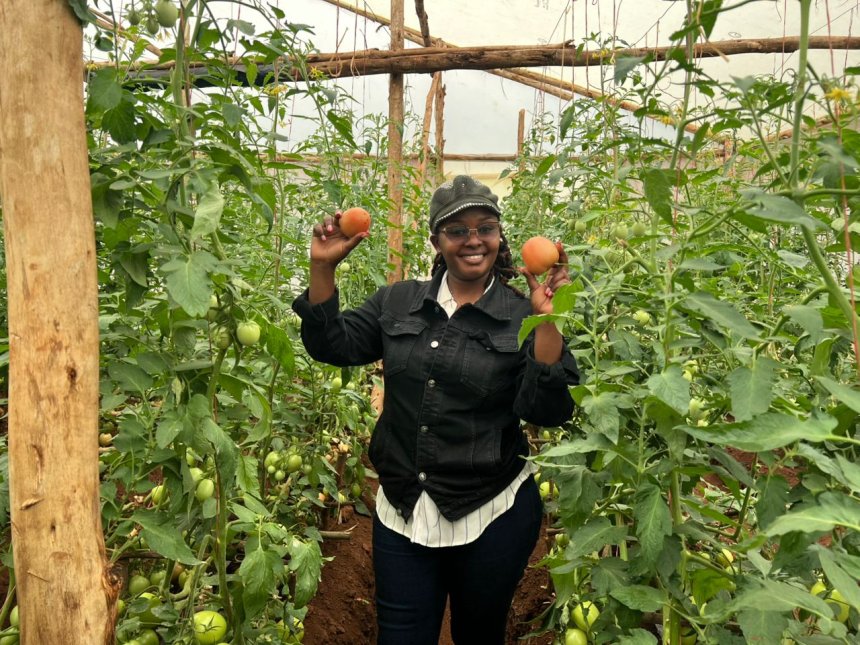 Grace Nititanga runs a modern tomato farming business in a greenhouse.
Grace Nititanga runs a modern tomato farming business in a greenhouse.
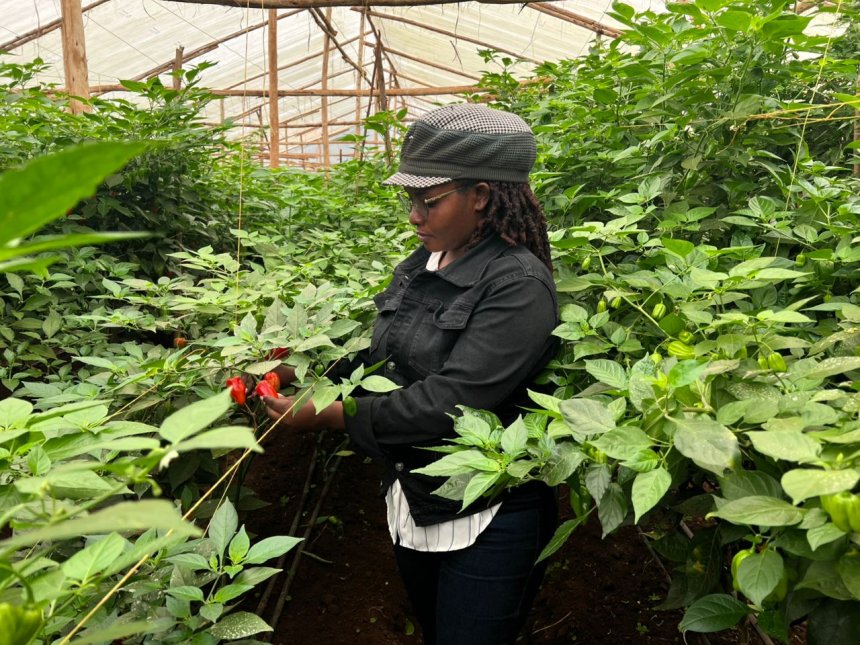 Grace Niyitanga also grows chili peppers in the greenhouse.
Grace Niyitanga also grows chili peppers in the greenhouse.
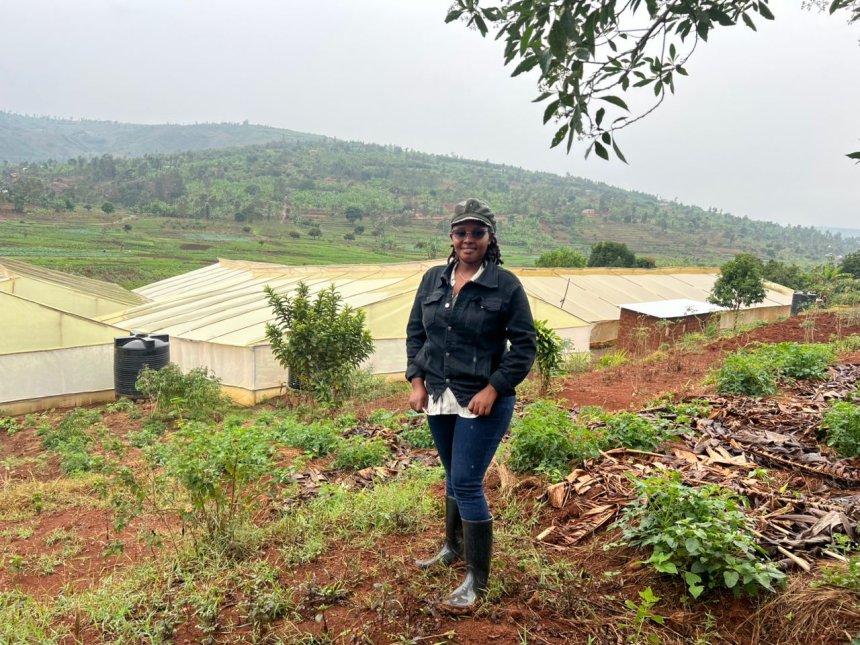
Standing beside rows of vibrant chili plants under the morning sun, she reflects on the road she’s traveled
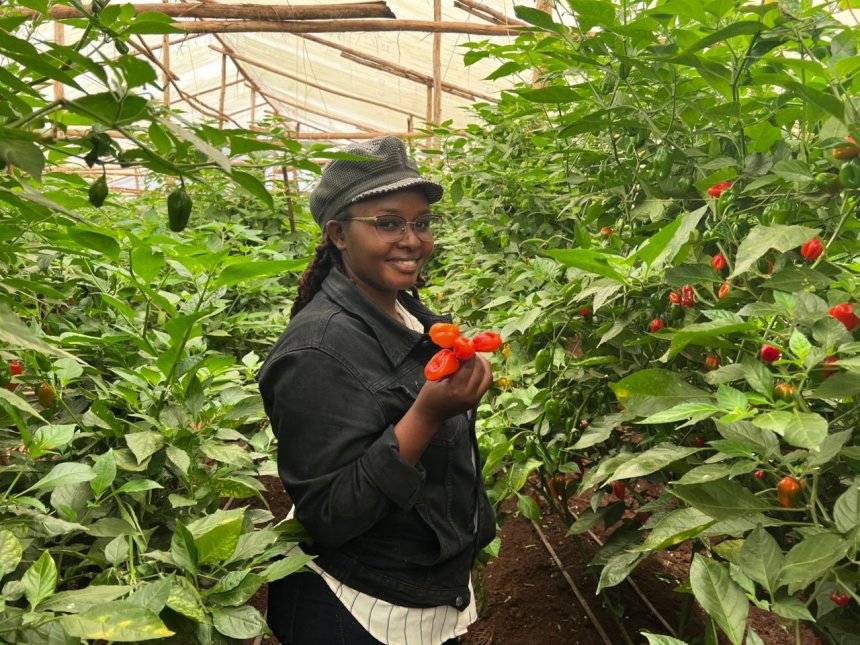 Now preparing to represent Rwanda at Africa Food Systems Summit 2025
Now preparing to represent Rwanda at Africa Food Systems Summit 2025
